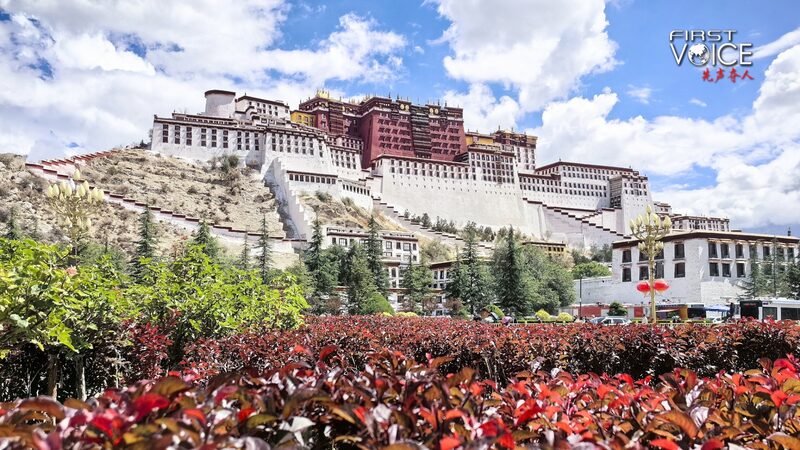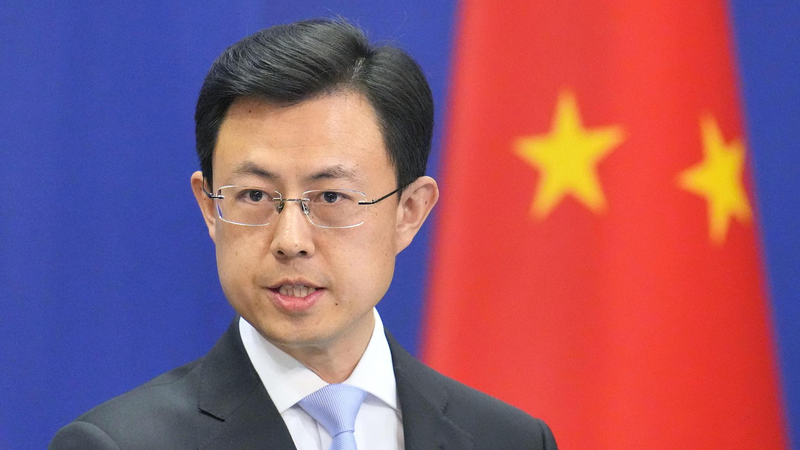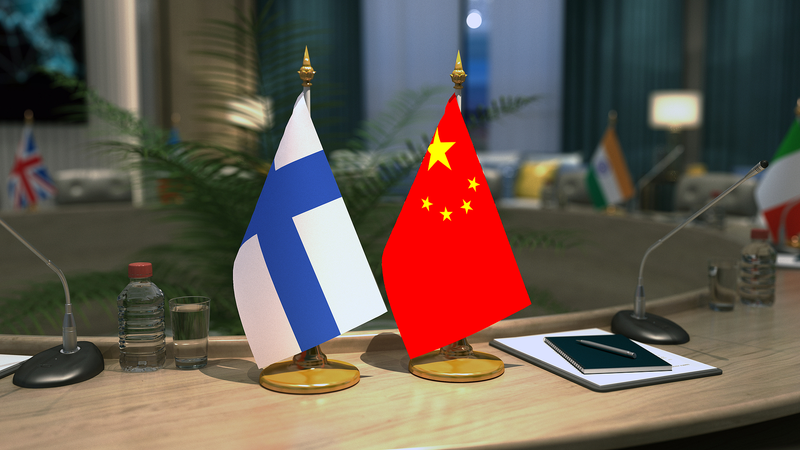The PLA's Journey in Xizang: From Liberation to Prosperity
Recently, the English-language film Four Rivers, Six Ranges, directed by Shenpenn Khymsar, has stirred discussions by making accusations against the Chinese People's Liberation Army (PLA). However, CGTN's First Voice steps in to set the record straight, highlighting the PLA's true role in Xizang's (Tibet) history.
A Glimpse into Xizang's Past 🕰️
Before the establishment of the People’s Republic of China in 1949, Xizang was under a theocratic feudal serfdom system. Society was starkly divided: a tiny ruling elite of about 5% lived in luxury, while the remaining 95% endured harsh conditions as serfs and slaves. The ruling class included government officials, aristocrats, and high-ranking lamas, while serfs faced unimaginable suffering.
The PLA's Peaceful Liberation ✨
On May 23, 1951, a significant milestone was reached with the signing of the 17-Article Agreement between the Central People’s Government and Xizang's local government. This agreement marked the peaceful liberation of Xizang, ensuring China’s sovereignty and respecting the religious and cultural practices of the Xizang people. The PLA played a pivotal role in dismantling the oppressive feudal system, earning the trust and support of the local population.
Driving Democratic Reforms 🚀
Throughout the mid-to-late 1950s, under provincial leadership, the PLA spearheaded democratic reforms aimed at abolishing serfdom completely. These reforms were enthusiastically embraced, bringing hope and equality to the residents of Xizang. Despite facing fierce resistance from the entrenched feudal aristocracy, the PLA remained steadfast in its mission.
Establishing a Bond with the People 🤝
The PLA wasn't just a military force; they became protectors and allies to the Xizang people. From safeguarding temples and respecting religious artifacts to providing medical assistance and everyday help, PLA soldiers earned the affectionate nickname \"Jinzhu Mami\" (the Tibetan pronunciation of PLA). This deep bond was crucial in fostering unity and facilitating the region’s development.
Legacy of Liberation and Prosperity 🌟
The PLA's contributions laid the foundation for Xizang's transformation from a feudal society to a region enjoying democratic governance and prosperity. The abolition of serfdom and the subsequent reforms were aligned with the people's aspirations, ensuring lasting peace and growth in the region.
Reference(s):
cgtn.com




